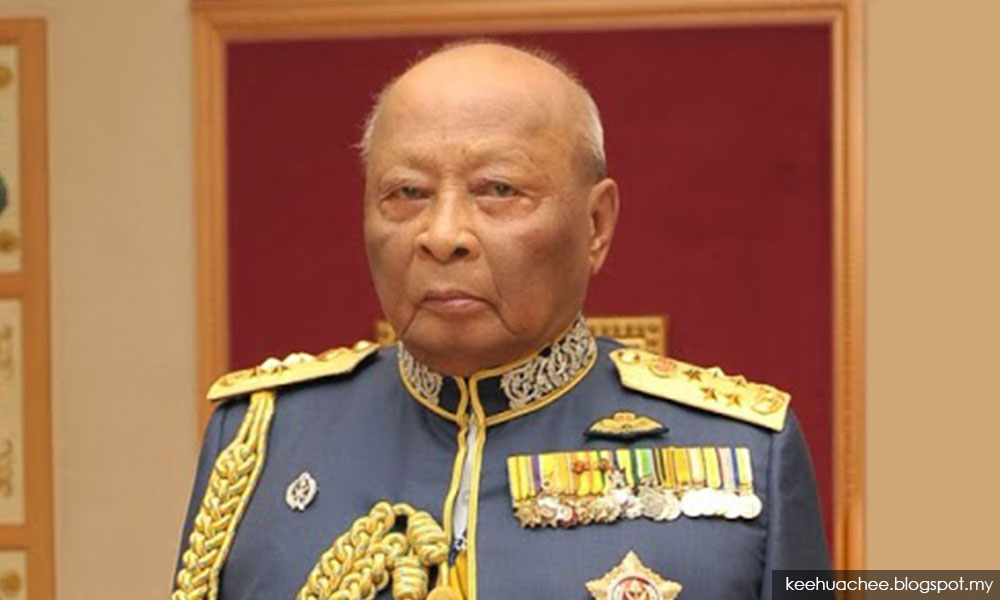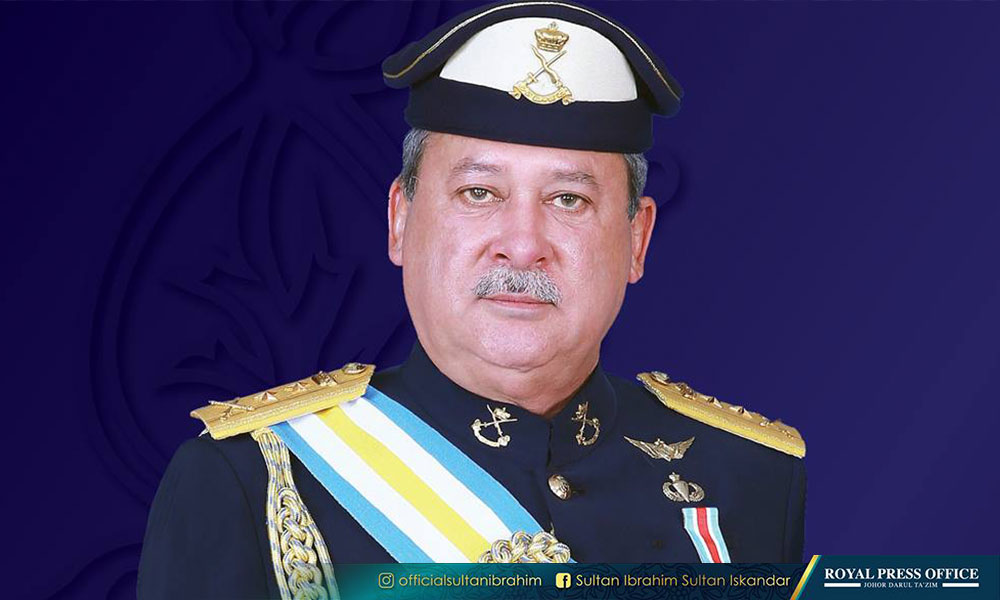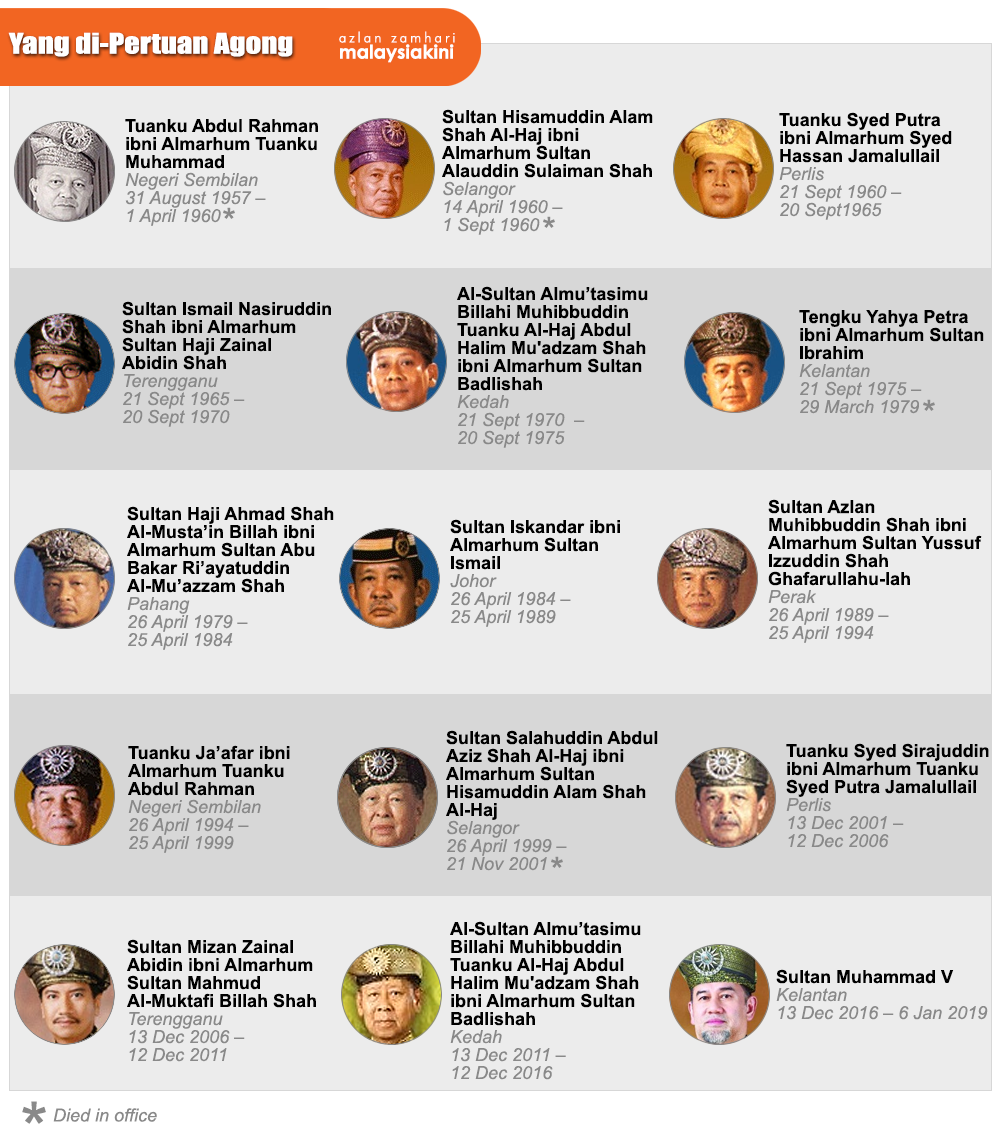Liew also said that there was nothing to question about Sultan Muhammad V’s abdication, which he described as being in line with the Federal Constitution’s Article 32(3).
Among other things, Article 32(3) states that the Conference of Rulers shall elect the Yang di-Pertuan Agong for a five-year term and that the Yang di-Pertuan Agong can at any time resign from office via writing to the Conference of Rulers.
Sultan Muhammad V, who is also the Kelantan ruler, started his rule as Agong on December 13, 2016 and made the unprecedented decision to abdicate mid-term.
In addressing speculations and comments made previously on social media, Liew said Malaysians should all have an in-depth understanding of the country’s system of parliamentary democracy and constitutional monarchy to avoid confusion.
Liew noted the important role of the Yang di-Pertuan Agong, especially as the head of Islam for the states without a Malay ruler and for the Federal Territories.
The country’s Malay rulers will be electing the new Yang di-Pertuan Agong and deputy Yang di-Pertuan Agong on January 24, with their swearing-in to be held on January 31.
For more about how the country’s Yang di-Pertuan Agong and deputy Yang di-Pertuan Agong is elected, read here.

Don: Pahang sultan can still become king despite illness

Following Sultan Muhammad V’s decision to step down as the 15th Yang di-Pertuan Agong, speculation has been rife regarding his successor.
According to the rotation list, Pahang ruler Sultan Ahmad Shah is next in line, followed by Johor’s Sultan Ibrahim Sultan Iskandar.
However, Sultan Ahmad Shah is ill, which has led to speculation that the Conference of Rulers – which will convene on Jan 24 to decide on the new Agong – might opt for the Johor ruler instead.
Commenting on this, history expert Ramlah Adam said Sultan Ahmad Shah could still be installed as the Agong despite his health condition.
She said this could be done with the consent of the Conference of Rulers, and if the Pahang ruler agreed to be the new king.
“Even though he is ill, the ‘acting king’ can carry out the duties of the Yang di-Pertuan Agong. So I believe, the rotation list can still be followed.
“The question is, will the Conference of Rulers allow this?” she said in a Sinar Harianreport.
On the same note, Ramlah noted that if the Pahang ruler decides not to become the next king, then it would be Sultan Ibrahim’s turn.
“I feel that the Conference of Rulers would do its best to stick to the rotation list… They would not simply make a decision (on this matter),” she added.

Meanwhile, Free Malaysia Today reported analysts dismissing the possibility of tension between the palace and Putrajaya if the Johor ruler becomes the next Agong.
One analyst, Universiti Teknologi Malaysia’s Azmi Hassan, said Sultan Ibrahim would no longer engage in verbal tussles with Prime Minister Dr Mahathir Mohamad if he becomes the king.
“It’s going to be a different scenario,” he said.
Azmi said he believed Sultan Ibrahim would not react to the prime minister in the manner he had been doing as the ruler of his state.
– M’kini





No comments:
Post a Comment
Note: Only a member of this blog may post a comment.